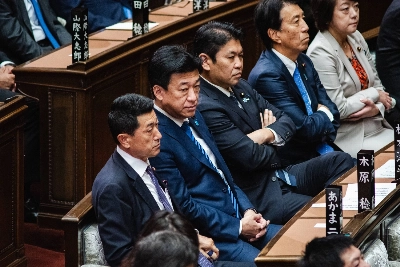Meta
Keizo Nabeshima
Feb 11, 2004
Jan 27, 2004
Jan 12, 2004
Jan 1, 2004
Dec 29, 2003
Dec 2, 2003
Nov 17, 2003
Nov 4, 2003
Oct 20, 2003
Oct 7, 2003
Sep 8, 2003
Aug 25, 2003
Aug 12, 2003
Jul 29, 2003
Jul 15, 2003
Jun 30, 2003
Jun 16, 2003















